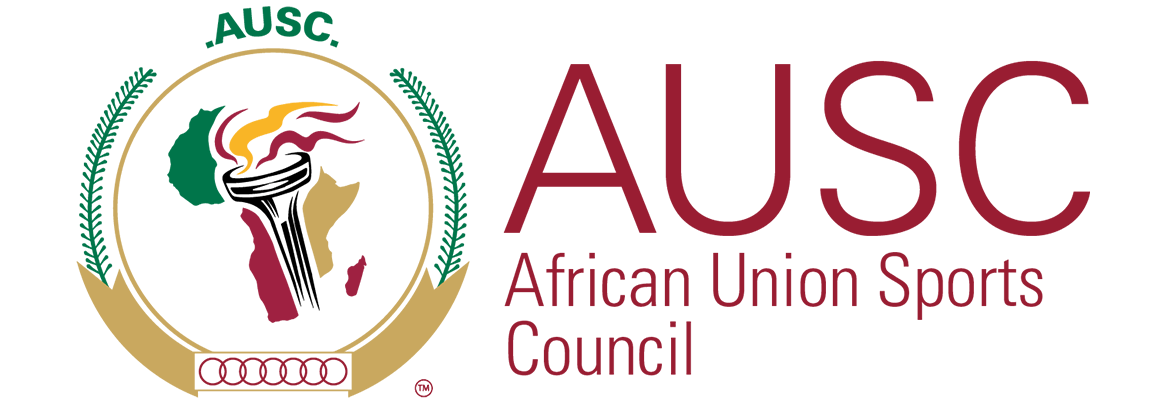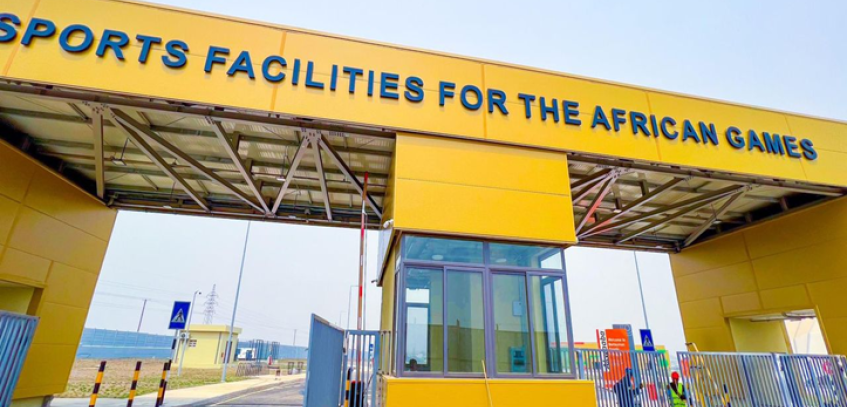The 13th Edition of the African Games: A Game-Changer for Ghana’s Sports Landscape
Ghana’s hosting of the 13th Edition of the African Games, Accra 2023, in March 2024 was more than just a sporting event; it was a turning point for the country’s sports development. For years, Ghana struggled with inadequate and substandard sports facilities, with football being the only sport that had significant infrastructure. Other disciplines had little to no access to modern facilities, limiting their growth and international competitiveness. However, the African Games changed everything.
From Deficit to World-Class Infrastructure
Before the Games, Ghana’s sports infrastructure was in dire need of an upgrade. Today, the country boasts world-class facilities that have already positioned it as a leading hub for international tournaments.
At the heart of this transformation is the Borteyman Sports Complex, a game-changer for aquatic and multi-sport events. This state-of-the-art facility includes a 1,000-seater competition swimming pool, a multi-purpose sports hall, a temporary dome, and a five-tennis court complex with a 1,000-seater center court. These facilities have quickly proven their worth, hosting major tournaments such as the African Aquatic Zone II Championships, the National Swimming Championship, and the Badminton Tournament at Borteyman.
Similarly, the University of Ghana Sports Facilities underwent significant upgrades. The 10,000-seater stadium, new rugby field, and athletics warm-up track have given Ghana a renewed edge in hosting international events. The West African Athletics Championships and the WAFU Zone B U-17 Tournament have already taken place here, further solidifying the facility’s importance.
Additionally, the Games Village saw the renovation and upgrading of four UGEL hostels to comfortably house athletes. With 1,776 rooms, two dining domes, and a medical facility, this investment has since become a crucial high-performance training hub for Ghanaian athletes preparing for global tournaments.
A Boon for Lesser-Known Sports
For sports federations in Ghana, one of the biggest challenges has always been access to equipment. The African Games provided top-tier competition gear for 23 sporting disciplines—an unprecedented development. This boost has propelled disciplines such as badminton, weightlifting, arm wrestling, basketball, and table tennis, which now have access to international-standard equipment for training and competitions.
Beyond infrastructure and equipment, the Games provided a rare opportunity for Ghanaian sports officials, volunteers, and administrators to gain invaluable experience working alongside international professionals. The impact was immediate. Several key figures who played a role in organizing the Games have since landed significant positions. Emmanuel Annor, instrumental in international relations during the Games, is now a Protocol Officer at the French Embassy in Ghana. Reks Brobby, the Deputy Chief Operating Officer, has joined the Technical Committee for the 14th African Games in Egypt 2027. Wonder Goldry Sitsofe Mandel, the Sports Research and Information Management Officer, is now the Special Assistant to the Minister for Sports and Recreation, while Oscar Cornelius Nyanyo Nyanyofio, a coordinator at the accreditation office, is now a Product Design Officer at with the IT company.
The Economic & Social Ripple Effect
The impact of the African Games extended far beyond sports, creating lasting economic and social benefits for Ghana.
The Games attracted substantial foreign and local investments, with significant Foreign Direct Investment (FDI) pouring into the country. This economic boost was evident in employment numbers—over 3,000 Ghanaians were temporarily employed in various roles, from construction workers and event staff to catering and security personnel.
The hospitality and tourism industries thrived, as the influx of athletes, officials, and fans led to packed hotels, increased restaurant patronage, and booming transport services. For young volunteers, the Games provided hands-on experience in event management, logistics, and technical operations, equipping them with skills for future careers.
On the competitive front, Ghanaian athletes made history. Performing before massive home crowds for the first time, they thrived under the spotlight, securing a record 69 medals—the most Ghana has ever won in an African Games. The impact on the country’s sports culture was immense, proving that home-ground advantage can be a game-changer.
A Legacy That Lives On
Long after the closing ceremony, the impact of the 13th Edition of the African Games continues to be felt. The facilities remain in use, providing a training base for athletes across multiple disciplines. International-standard equipment has elevated the performance levels of lesser-known sports. The professionals who gained experience during the Games are now contributing at the highest levels of sports administration.
This is the true legacy of the African Games in Ghana. It was never just about a single event; it was about transformation, development, and positioning Ghana as a sporting powerhouse. As the country moves forward, these achievements serve as a testament to what is possible when investment, planning, and execution come together under a unified vision.
The African Games was not just a competition; it was a revolution. In recognition of Ghana's significant investment in sports infrastructure, the City of Accra was declared the Capital of Sports by the African Union Conference of Ministers of Sports until the next edition of the African Games in 2027.











